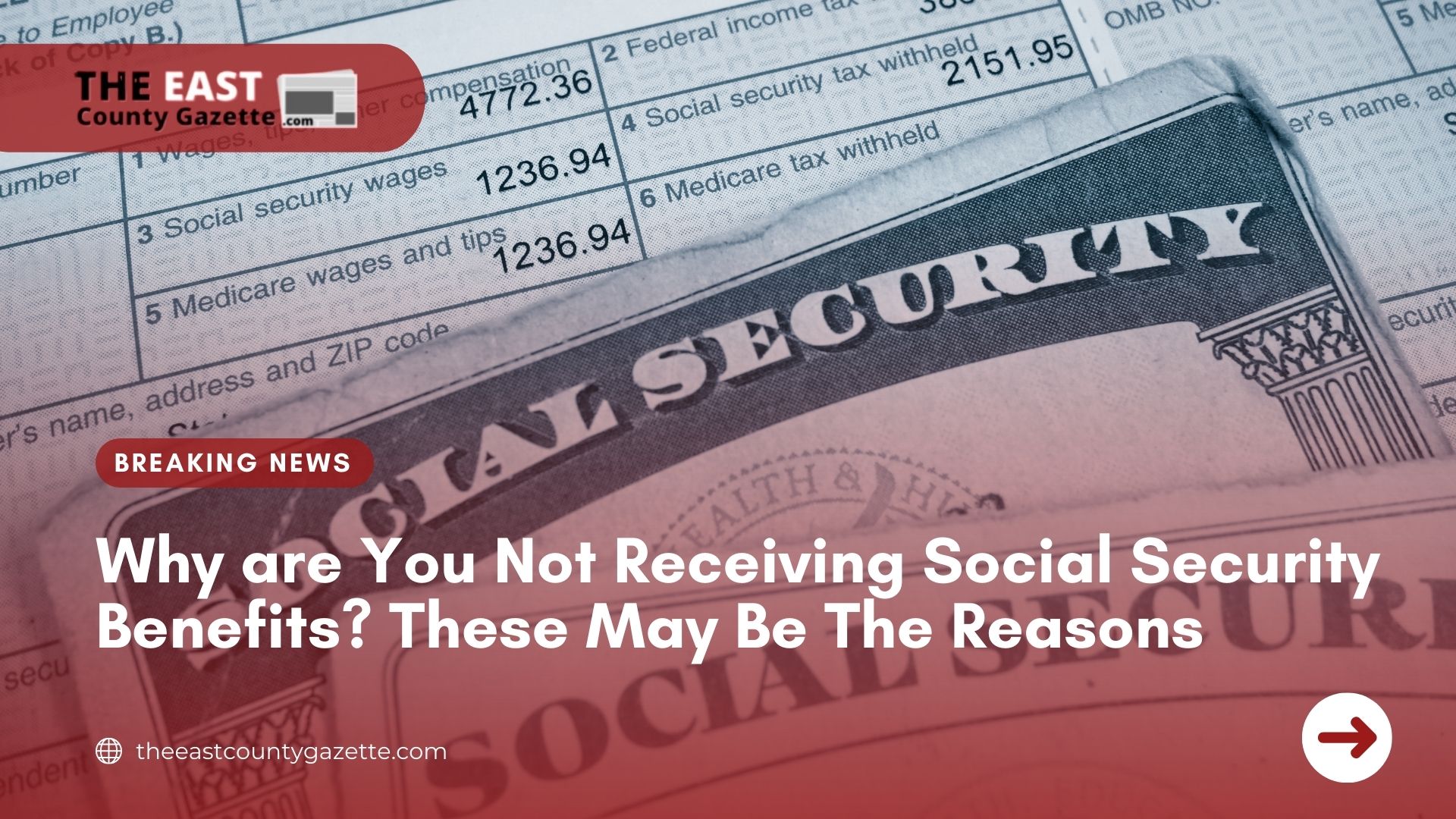The Social Security program in the United States pays benefits to three broad categories of individuals: retired individuals and some family members, disabled persons and some family members, and survivors.
Within these broad categories, the program defines more specific types of beneficiaries. In the United States, benefits are weighted such that those persons with lower past earnings receive a proportionately higher benefit than those with higher earnings; this is one way in which the system provides progressivity in its benefits.
Read more: Social Security: Average Senior Couple to Get Increased COLA Payment in 2022
However, you may have failed to secure your benefits. Why is this so? Yahoo Finance rounds up all the reasons here:
You Failed the Social Security Earnings Test
Early claimers who are still working have to pass the Social Security earnings test in order to qualify for benefits.
In 2021, the Social Security Administration (SSA) temporarily withholds $1 in benefits for every $2 earned over $18,960, although there’s a more forgiving monthly test for those entering the year of full retirement.
Read more: This Year will see the Biggest Changes to Social Security in 4 Decades!You Came Up Short on Credits
In order to receive Social Security payments, you have to first work for a certain amount of time, pay taxes into the system and build up enough “credits” to qualify for benefits.
Most people must have 40 credits to receive Social Security benefits, which means you have to work for 10 years before you’re eligible.You Have Debt That Qualifies For Garnishment
It’s hard for private lenders to snatch your Social Security payments, but your benefits can be garnished to satisfy certain kinds of other debts.
If your benefits have been garnished for any of these reasons, contact the appropriate state agency, not the SSA.
Read more: Average Social Security Benefit for 2022 With Added COLA! Check It Here!If you guessed that tax debt is one of the other exceptions, you would be correct. The Department of the Treasury can garnish up to 15% of your Social Security benefits every month until your tax debt is paid.
The Treasury Department can also garnish your benefits for nontax debt, including any federal student loans you might have defaulted on.You’re Covered Under the Civil Service Retirement System
Instead of paying into Social Security, some federal employees hired before 1984 have instead been contributing to the Civil Service Retirement System (CSRS).
CSRS recipients do not receive Social Security benefits unless they’re eligible through another job or through a spouse.You’re Covered By the Railroad Retirement Act
Some railroad workers are also covered by a retirement system outside of Social Security and are ineligible for benefits.
You Don’t Qualify For a Divorced Spouse’s Benefits
Some people are eligible to receive benefits on their former spouse’s records, but they have to meet certain qualifications first.
You must have been married for 10 years or longer and you must not be remarried, although you can still qualify if your former spouse remarries. There are other requirements, too, so if you were planning on applying for benefits on a former spouse’s record, make sure you qualify first.
Read more: Despite High Inflation Rates, Social Security Benefit Gets Biggest Boost in 40 YearsYou Moved Far Away
In most cases, you can collect Social Security in another country if you live abroad in retirement, although you have to follow strict and specific rules from both the SSA and your host country. The SSA, however, is generally forbidden from sending payments to a handful of countries, but don’t worry. None of them are exactly beacons for U.S. retirees.
For more news, stick around with us here at the East County Gazette.

